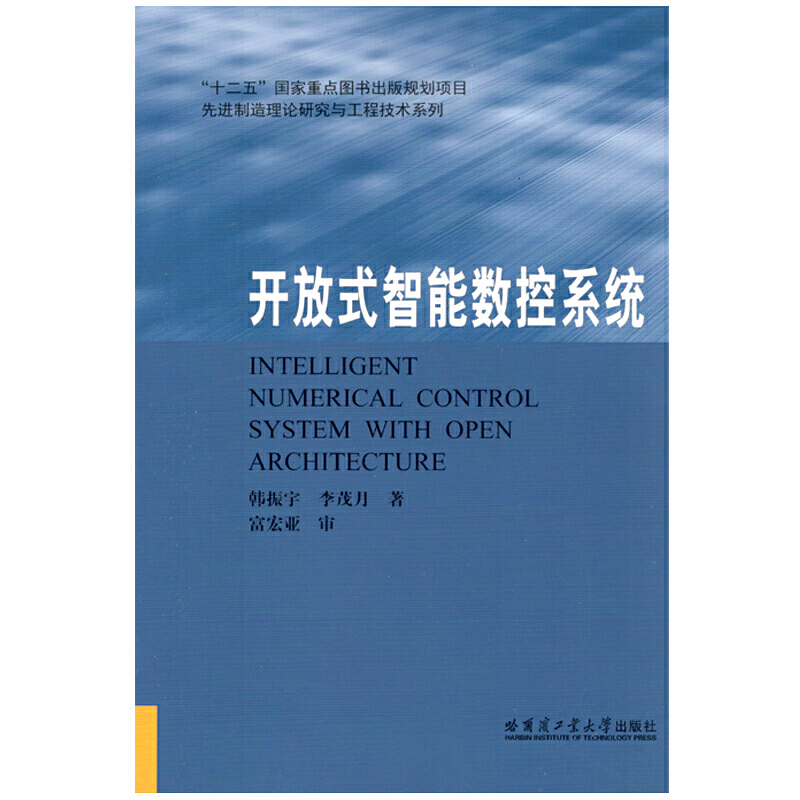多智能代理系统中的交互——公平性、社会最优与个体理性(英文版)
作者: 郝建业、梁浩锋
出版时间:2016年7月
出版社:高等教育出版社
- 高等教育出版社
- 9787040441116
- 1版
- 164620
- 0045176188-6
- 16开
- 2016年7月
- 240
- 178
- TP18
- 计算机类
- 研究生
郝建业、梁浩锋著的《多智能代理系统中的交互--公平性社会最优与个体理性》将涵盖以公平性、个体利益最大化以及社会利益最大化为目标的多智能体协调合作理论与技术,结合不同优化目标,介绍最新的多智能体学习算法和激励机制研究进展。本书适用于对多智能体系统设计理论感兴趣的读者,也可作为从事多智能体系统及博弈论理论研究的研究生或科研人员的参考书籍,对从事多智能体系统软件开发人员也具有一定的参考价值。
1 Introduction
1.1 Overview of the Chapters
1.2 Guide to the Book
References
2 Background and Previous Work
2.1 Background
2.1.1 Single-Shot Normal-Form Game
2.1.2 Repeated Games
2.2 Cooperative Multiagent Systems
2.2.1 Achieving Nash Equilibrium
2.2.2 Achieving Fairness
2.2.3 Achieving Social Optimality
2.3 Competitive Multiagent Systems
2.3.1 Achieving Nash Equilibrium
2.3.2 Maximizing Individual Benefits
2.3.3 Achieving Pareto-Optimality
References
3 Fairness in Cooperative Multiagent Systems
3.1 An Adaptive Periodic Strategy for Achieving Fairness
3.1.1 Motivation
3.1.2 Problem Specification
3.1.3 An Adaptive Periodic Strategy
3.1.4 Properties of the Adaptive Strategy
3.1.5 Experimental Evaluations
3.2 Game-Theoretic Fairness Models
3.2.1 Incorporating Fairness into Agent Interactions
Modeled as Two-Player Normal-Form Games
3.2.2 Incorporating Fairness into Infinitely Repeated
Games with Conflicting Interests for Conflict Elimination
References
4 Social Optimality in Cooperative Multiagent Systems
4.1 Reinforcement Social Learning of Coordination
in Cooperative Games
4.1.1 Social Learning Framework
4.1.2 Experimental Evaluations
4.2 Reinforcement Social Learning of Coordination
in General-Sum Games
4.2.1 Social Learning Framework
4.2.2 Analysis of the Learning Performance Under
the Social Learning Framework
4.2.3 Experimental Evaluations
4.3 Achieving Socially Optimal Allocations Through Negotiation
4.3.1 Multiagent Resource Allocation Problem
Through Negotiation
4.3.2 The APSOPA Protocol to Reach Socially Optimal
Allocation
4.3.3 Convergence of APSOPA to Socially Optimal Allocation..
4.3.4 Experimental Evaluation
References
5 Individual Rationality in Competitive Multiagent Systems
5.1 Introduction
5.2 Negotiation Model
5.3 ABiNeS: An Adaptive Bilateral Negotiating Strategy
5.3.1 Acceptance-Threshold (AT) Component
5.3.2 Next-Bid (NB) Component
5.3.3 Acceptance-Condition (AC) Component
5.3.4 Termination-Condition (TC) Component
5.4 Experimental Simulations and Evaluations
5.4.1 Experimental Settings
5.4.2 Experimental Results and Analysis: Efficiency
5.4.3 Detailed Analysis of ABiNeS Strategy
5.4.4 The Empirical Game-Theoretic Analysis: Robustness
5.5 Conclusion
References
6 Social Optimality in Competitive Multiagent Systems
6.1 Achieving Socially Optimal Solutions in the Context
of Infinitely Repeated Games
6.1.1 Learning Environment and Goal
6.1.2 TaFSO: A Learning Approach Toward SOSNE Outcomes:
6.1.3 Experimental Simulations
6.2 Achieving Socially Optimal Solutions in the Social
Learning Framework
6.2.1 Social Learning Environment and Goal
6.2.2 Learning Framework
6.2.3 Experimental Simulations
References
7 Conclusion
Reference
A The 57 Structurally Distinct Games


















